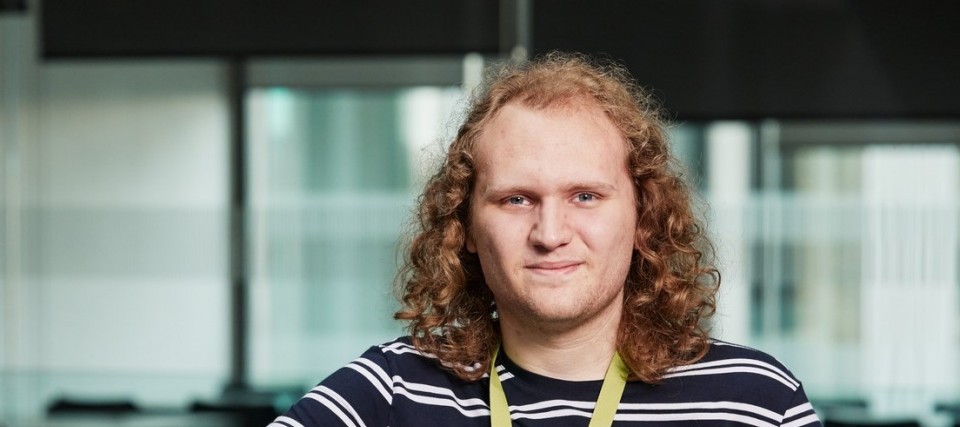
Mature students at Manchester Met
Practical advice for over 25s considering a return to education.
Mature Students
Most UK universities will consider you to be a mature student if you are 25 or older on the first day of your course. Being a mature student can affect some aspects of studying for a degree, including Student Finance, but although you may have different things to think about, the process is the same for everyone.
1. Find your course
Whatever your reason for wanting to return to education, the first step is to find the right course for you.
Knowing why you want to study for a degree will help you make a shortlist of courses. For example, if you want to change your career or get a promotion, find out which courses are required for your target job.
Some courses can be done part-time or online, which can help if you have family and other commitments you need to juggle.
Our prospectus covers all your options and the detail of each course we offer.
2. Check the entry requirements
All our undergraduate courses have entry requirements – the qualifications you need to apply. These are often particular grades at GCSE and A-level (or equivalent). For some courses, you also need to have passed relevant subjects.
If you’ve been out of education for some time or don’t have the necessary qualifications, you may have to do an access course to secure your place at university.
If you want advice, you can contact our enquiries team. Our international team will help with questions about qualifications from other countries.
3. Visit Manchester Met
The best way to get a feel for a university is to go and have a look around.
We run Undergraduate Open Days in June, October and November, which include subject talks, tours of our facilities and accommodation, and advice on applying. You’ll meet course tutors and can talk to current students to get a feel for what it’s like to study at university in Manchester. You’re welcome to bring partners and children.
4. Apply for your place
Applications for full-time courses must be made through the UCAS website. For part-time courses, you can apply direct to Manchester Met.
You can usually apply from mid-September to mid-January, with your first term starting the following September.
You can apply for up to five courses.
On your application, you’ll need to include:
- personal details
- details of any qualifications you have got or are still studying for
- a personal statement about why you want to study the courses you have chosen
- a reference – can be from someone who knows you through work, or a teacher if you are studying
5. Arrange your finances
Student loans are available to:
- cover tuition fees
- help with the cost of living
There are also some scholarships and grants available. These don’t have to be repaid.
The loans, scholarships and bursaries you might be entitled to depend on:
- your personal circumstances
- the course you want to study
- what funding you have already received
Loans
Full and part-time undergraduates are normally entitled to a tuition fee loan, which means you don’t have to pay tuition fees upfront.
Depending on your personal and financial circumstances, you may also be entitled to a maintenance loan to help with the cost of living.
You will need to apply to the organisation for your country:
Applications usually open towards the end of February with an initial deadline of May.
Scholarships and student support
We want to make sure that everyone who has the ambition and talent to study at Manchester Met, can do.
That’s why we offer our own financial support, including:
- a £750 per year student support package for new, full-time, first year undergraduate students with a household income of £25,000 or less
- scholarships and bursaries, which are like grants because they don’t have to be repaid.
Other sources of support
Help from the government
You might be able to get extra money from the government if you:
- are under 25, have no contact with your parents and support yourself
- pay for childcare
- are a full-time student with children
- have an adult who depends on you financially
- have a disability, mental or physical health problem or learning difficulty like dyslexia
Mature Students Society
Our Mature Students Society is run through our Students’ Union, and is focused solely on the needs of mature students. It offers support as well as a place to socialise and make connections.


